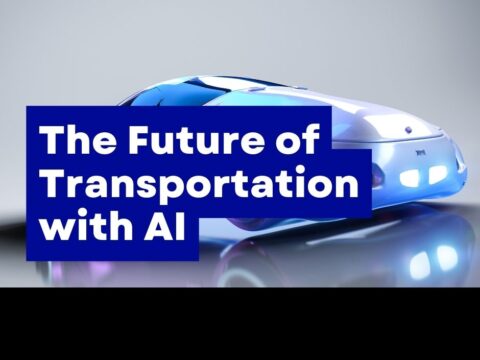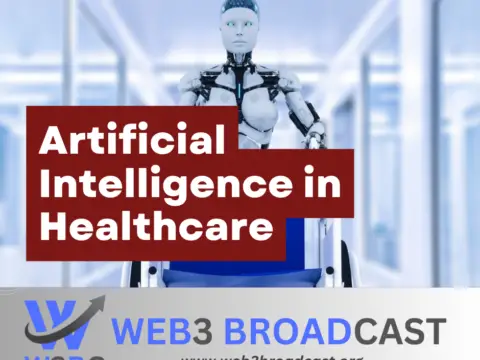The integration of Artificial Intelligence (AI) into various industries has prompted discussions about its profound impact on employment. This exploration delves into the multifaceted effects of AI on the job market, shedding light on both challenges and opportunities.
1. Automation and Job Displacement:
- AI-driven automation has the potential to replace routine and repetitive tasks, leading to job displacement in certain sectors. Jobs that involve predictable tasks are susceptible to automation.
2. Creation of New Job Roles:
- The adoption of AI creates new job roles focused on developing, implementing, and maintaining AI systems. This includes roles such as AI engineers, data scientists, and AI ethicists.
3. Enhanced Productivity and Efficiency:
- AI technologies contribute to increased productivity and efficiency in various industries. As tasks are automated, human workers can focus on more complex and creative aspects of their roles.
4. Augmentation of Human Capabilities:
- AI can augment human capabilities, leading to collaborative work environments. Human-AI partnerships leverage each entity’s strengths, fostering a synergy that enhances overall productivity.
5. Upskilling and Reskilling Initiatives:
- The impact of AI necessitates upskilling and reskilling initiatives. Workers are encouraged to acquire new skills to stay relevant in an evolving job market, promoting lifelong learning.
6. AI in Healthcare and Biotechnology:
- AI’s impact is evident in healthcare and biotechnology, leading to the creation of specialized roles in medical AI, bioinformatics, and personalized medicine.
7. Customer Service and AI Chatbots:
- AI-driven chatbots and virtual assistants revolutionize customer service, automating routine inquiries and providing instantaneous responses. This transformation influences roles within the service sector.
8. Ethical Considerations and AI Governance:
- The rise of AI prompts discussions on ethics and governance. Roles related to AI ethics, governance, and responsible AI implementation become crucial in ensuring ethical practices.
9. Impact on Manufacturing and Logistics:
- AI optimizes manufacturing processes and enhances logistics efficiency. This may lead to changes in job roles, with a focus on overseeing AI-driven systems in these industries.
10. Job Market Evolution and Flexibility:
- The impact of AI necessitates a shift in how individuals approach their careers. A dynamic job market encourages flexibility, adaptability, and the ability to navigate evolving industries.
11. Addressing Bias and Fairness:
- The development of AI models that are fair and unbiased requires expertise in addressing algorithmic bias. Roles in AI fairness and bias mitigation become essential.
12. Global Economic Impact:
- Countries and industries investing in AI technologies enhance their global competitiveness. Job markets are influenced by the economic impact of AI adoption at a regional and global scale.
Conclusion: Embracing the AI-Enhanced Workforce
As AI continues to shape the employment landscape, it’s essential to view its impact as a transformation rather than a disruption. Embracing the potential of AI to enhance productivity, create new opportunities, and address societal challenges empowers individuals and industries to navigate the evolving nature of work. Proactive measures, such as upskilling initiatives and ethical considerations, play a crucial role in ensuring a harmonious integration of AI into the workforce, fostering a future where human and artificial intelligence collaborate for mutual benefit.




